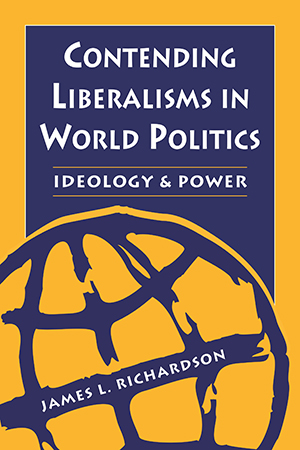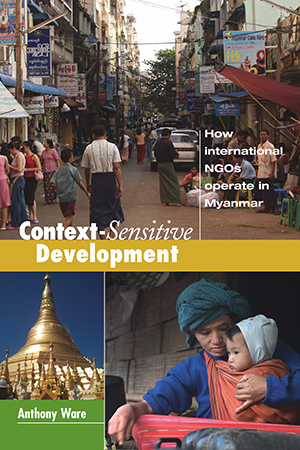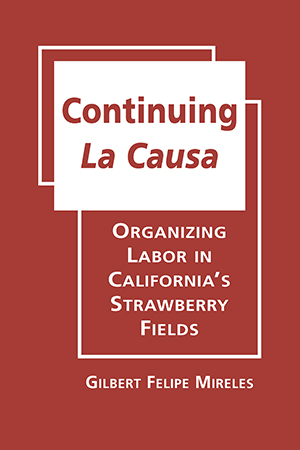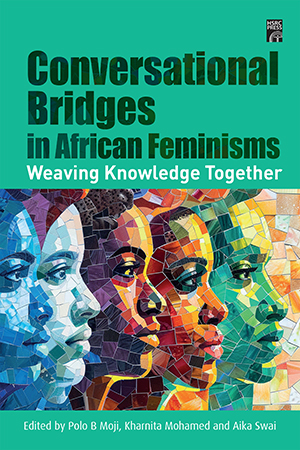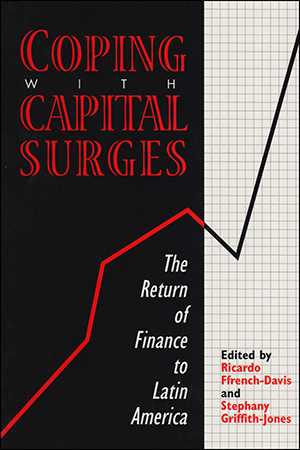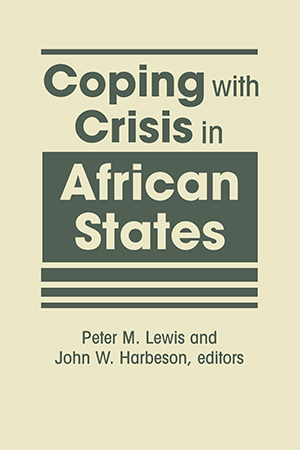BOOKS
This wide-ranging critique of current endeavors to construct a world order based on neoliberal ideology comes not from a standpoint opposed to liberalism, but from within liberalism More >
The chapters in this collection contest the framework of knowledge that has deadlocked nature and culture, tradition and modernity, scientific and indigenous, and in doing so makes a case More >
Focusing on Myanmar, with its perfect storm of extreme poverty, international sanctions, and egregious political repression, Anthony Ware shows how context sensitivity can help development More >
Gilbert Mireles explores the legendary United Farm Workers' campaign to organize laborers—predominantly Latino immigrants—in California's strawberry industry. Tracing More >
Scholars, activists, and artists come together in this innovative collection to highlight the power of dialogue as a mode of knowledge production in building and sustaining African feminist More >
This handsome volume presents the complete transcript of a fascinating encounter that took place in 1956. On that occasion, two great French poets, Louis Aragon and Jean Cocteau, came More >
Jimmy Carter participated in more than two hundred interviews between 1976 and 1996. In the twenty-three conversations presented here, highly regarded interviewers lead President Carter to More >
Private capital flows to Latin America have increased dramatically since 1989, approximately doubling in volume each year. This book examines the possible causes and consequences of the More >
Although large-scale conflicts, political upheavals, and social violence are common problems throughout Africa, individual countries vary greatly in both their susceptibility to these crises More >



